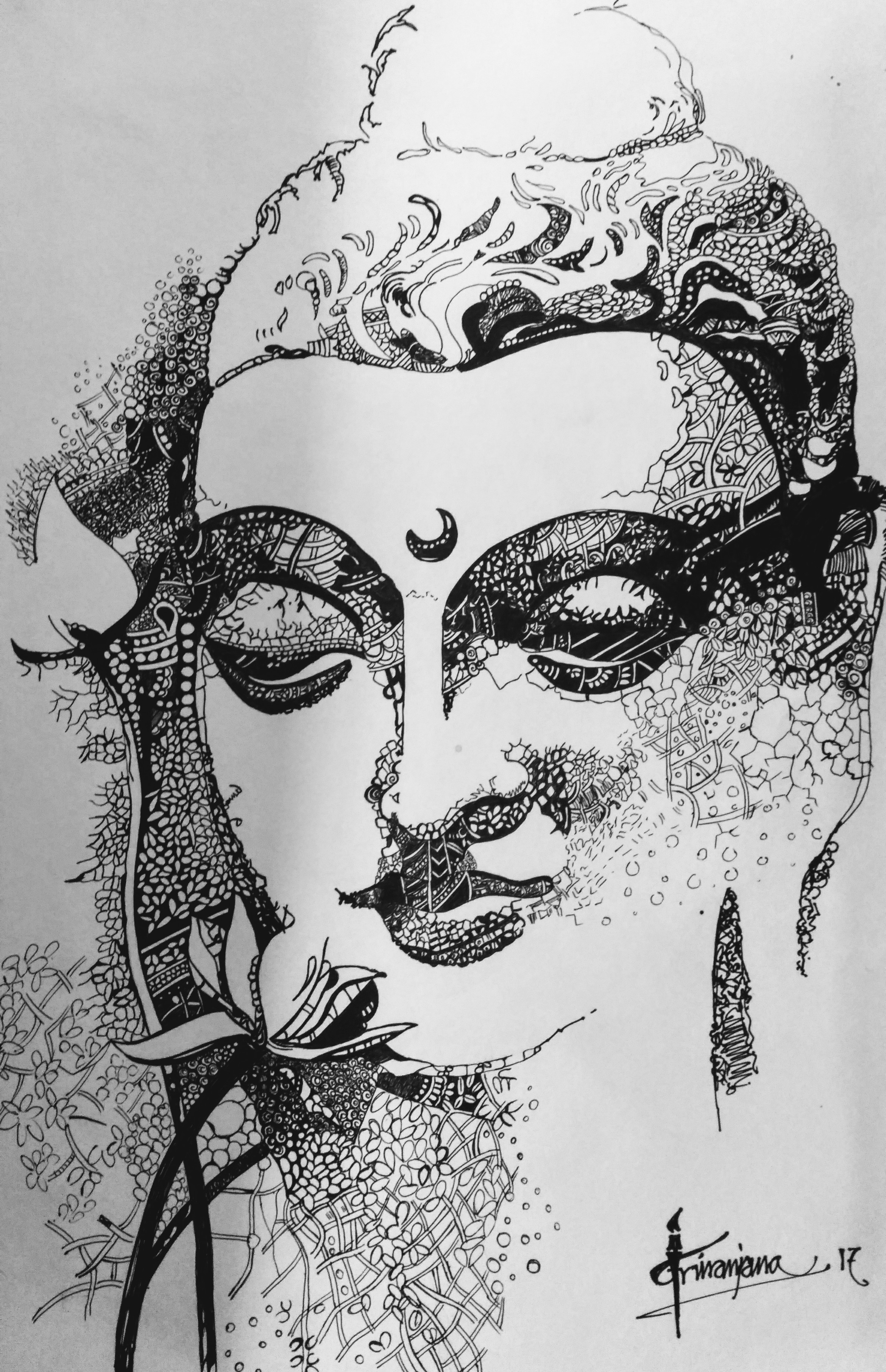Approximation of π
Aryabhata worked on the approximation for
pi (π) and may have come to the conclusion that π is irrational. In the second part of the
Aryabhatiyam (
gaṇitapāda 10), he writes:
caturadhikaṃ śatamaṣṭaguṇaṃ dvāṣaṣṭistathā sahasrāṇām
ayutadvayaviṣkambhasyāsanno vṛttapariṇāhaḥ.
“Add four to 100, multiply by eight, and then add 62,000. By this rule the circumference of a circle with a diameter of 20,000 can be approached.”
[16]
This implies that the ratio of the circumference to the diameter is ((4 + 100) × 8 + 62000)/20000 = 62832/20000 = 3.1416, which is accurate to five
significant figures.
It is speculated that Aryabhata used the word
āsanna (approaching), to mean that not only is this an approximation but that the value is incommensurable (or
irrational). If this is correct, it is quite a sophisticated insight, because the irrationality of pi (π) was proved in Europe only in 1761 by
Lambert.
After Aryabhatiya was translated into
Arabic (c. 820 CE) this approximation was mentioned in
Al-Khwarizmi‘s book on algebra.
More of Aryabhata
ARYABHATA AND THE DISCOVERY OF PI
Ancient India’s most famous mathematician and astronomer Aryabhata is widely recognized for contributing the concept of zero to the world. As we know zero has formed the basis for the evolution of modern mathematics.
A lesser-known fact perhaps is his work on the discovery of the important mathematical constant pi (π). Pi has applications in mathematical calculations and various aspects of science and engineering.
Ancient India in Vedic Times
The Vedic period was a particularly golden period in Indian history, flush with discoveries and inventions in various areas of science, mathematics, arts, and culture. Unfortunately, these discoveries (including Aryabhata’s discovery of pi) were buried in the sands of time. And when the western world discovered these concepts, they were hailed as breakthroughs, with no one suspecting that the knowledge was already present in India ages ago.
Aryabhata and the Discovery of Pi
Born circa 476AD, Aryabhata was present during the Vedic period of India’s history. A highly intelligent individual, he was a Sanskrit scholar with a deep interest in astronomy and mathematics. His seminal work ‘Aryabhatiya’ is a compendium of mathematics and astronomy, which has survived till modern times. Studying the ‘Aryabhatiya’ shows beyond doubt that Aryabhata had indeed discovered and worked on the concept of pi long before the Western world was even aware of its existence.
The following link gives Present/modern day mathematician for pi concept
















Comments »
No comments yet.
RSS feed for comments on this post. TrackBack URL
Leave a comment